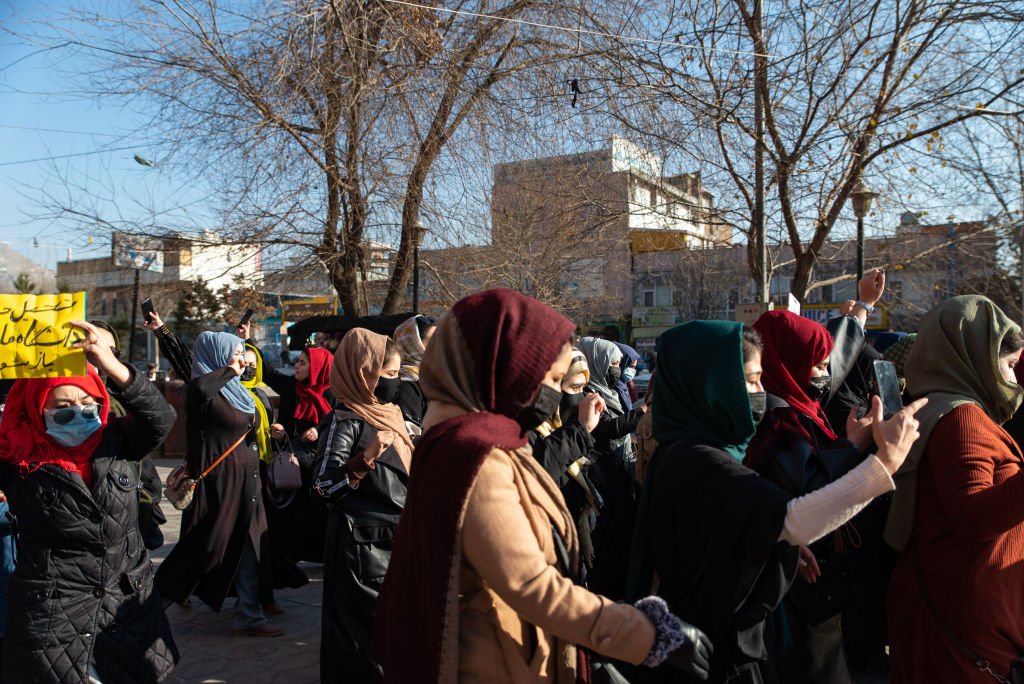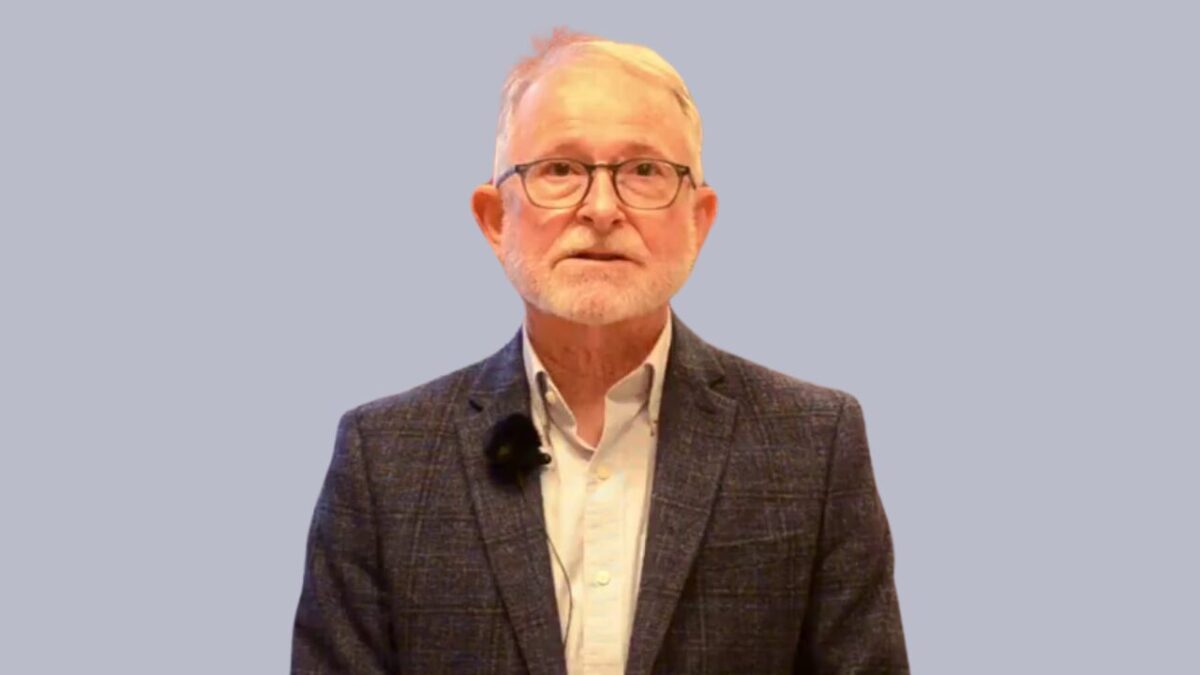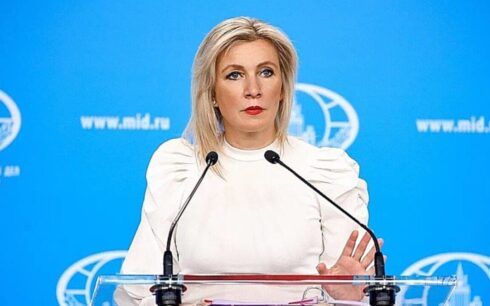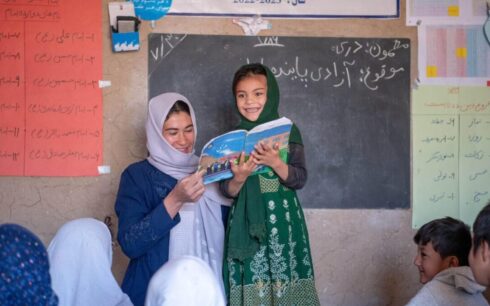GENEVA — The United Nations special rapporteur for Afghanistan, Richard Bennett, on Thursday called on the international community to confront the human rights violations being perpetrated by the Taliban, describing the situation in Afghanistan as a crisis that should shock “our consciences.”
Speaking at the “Conference on Gender Accountability and Justice” in Geneva, Mr. Bennett underscored the need for comprehensive and inclusive mechanisms to ensure accountability and justice in Afghanistan.
“I want to conclude by reiterating the importance of comprehensive and inclusive accountability and justice in the creation of a stable, inclusive, rights-respecting and prosperous Afghanistan,” he said. “And once again, I express my profound gratitude and appreciation to the resilient people of Afghanistan who continue to show enormous courage and perseverance. What is happening in their country should shock our consciences.”
The conference, attended by politicians and international envoys, focused on the absence of a framework to hold the Taliban accountable for human rights violations. Participants stressed the need for legal measures to classify the Taliban’s policies as “gender apartheid,” reflecting the systematic oppression of women and girls under their rule.
Naseer Ahmad Andisha, Afghanistan’s permanent representative to the United Nations in Geneva, described Afghan women as the leading force of resistance against what he termed unprecedented abuses. He joined others in condemning the Taliban’s actions as a form of gender-based apartheid.
Spain’s envoy to the U.N. in Geneva urged stronger documentation and accountability for human rights violations, particularly those targeting women and girls.

A framework for justice
In his remarks, Mr. Bennett outlined a multi-pronged approach to accountability and justice, emphasizing criminal prosecution, truth-telling, reparations and guarantees of non-recurrence.
“Accountability and gender justice have several dimensions,” he said. “One is criminal justice, investigation and prosecution of those responsible, including those with command or superior responsibility. Another is truth-telling and acknowledgment of what’s happened, which may include memorialization and recognition of victims. Reparations, including compensation and restitution, are also an important component.”
He added that safety and security are crucial, requiring measures to prevent further violations while fostering an environment where people and their families can thrive.
Meaningful inclusion and representation of Afghans in decisions about their lives and futures, he said, is a cornerstone of any sustainable solution.
The Taliban have yet to respond to the Geneva conference but continue to insist that their governance ensures women’s rights under Islamic law. Critics, including legal and human rights experts, argue that the Taliban’s interpretation of Islamic law reflects their own restrictive policies rather than widely accepted principles.
Since returning to power in 2021, the Taliban have barred women from higher education, restricted their freedom of movement and excluded them from most public-sector jobs, drawing widespread condemnation from the international community.
International solidarity needed
Mr. Bennett urged the global community to support the Afghan people, emphasizing that they “demand and deserve the international community’s support, solidarity and protection.”
Despite ongoing calls for action, participants at the conference acknowledged the challenges of enforcing international law and holding the Taliban accountable. The meeting concluded with a shared commitment to pursuing justice for Afghanistan’s most vulnerable populations, particularly women and girls, whose rights have been severely curtailed.





